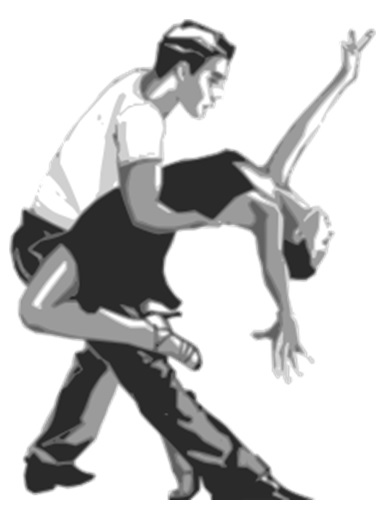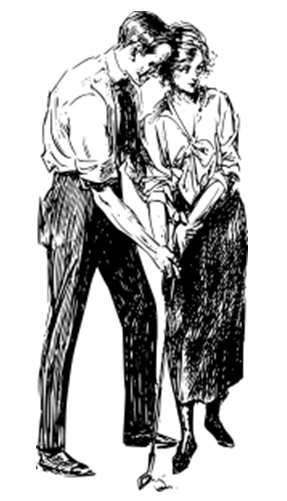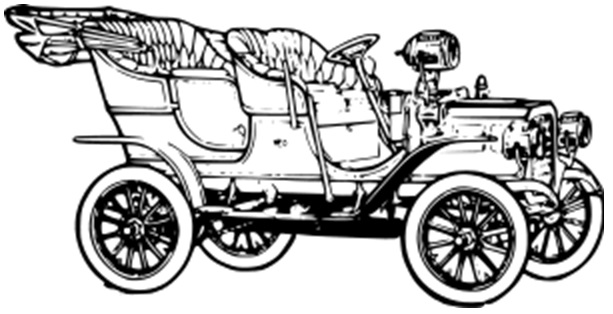Past Perfect Tense
The Past Perfect показывает, что действие было закончено перед каким-то событием в прошлом (событие может только подразумеваться). То есть это описание законченного действия в прошлом с точки зрения какого-то момента в прошлом.
PERFECT здесь означает - законченный, завершённый, оконченный, совершённый.
Эту конструкцию используют, когда хотят сказать о:
• Действии, которое произошло перед другим действием в прошлом
• Действии, которое произошло до определенного момента в прошлом
• Состоянии, которое началось в прошлом, и продолжалось до некоторого времени
в прошлом.
Примечание: это более широкое использование этой конструкции.
Она обычно используется с состояниями, а не с действиями.
The Past Perfect часто используется вместе с Simple Past.
Например:
Kate had sold her apartment before she moved to New York.
Действие, которое ближе к настоящему, стоит в Simple Past, и действие, которое было до него, стоит в Past Perfect.
Действия, которые произошли перед другими действиями в прошлом
He studied so much because he had received a lot of homework.
He had seen the ball before he hit it.
They had practiced before they did it.
She was surprised because she had never noticed it before.
He had worked very hard before he finally won.
She said she had bought the hat in Paris.
Действия, которые произошли до определенного момента в прошлом
They had already scored before the 9 o'clock break.
He had finished building his house before 1999.
She had never played basketball before 2002.
Состоянии, которое началось в прошлом, и продолжалось до некоторого времени в прошлом.
He had liked her before this happened.
She had wanted a cat, but received a fish.
The report had been ready before you spilled the coffee!
He had been healthy until he started overeating.
He had owned a car for 5 years before he switched to bicycle.
Типичные слова, с которыми употребляется
-
Just
-
Already
-
Yet
-
Ever
-
Never
-
once
-
3 times
-
before
-
until then
-
in 1974
-
since
-
for
Построение конструкции
Повествовательное предложение
Positive Sentences
| Подлежащее | Форма сказуемого | Пример |
| I | had Participle(II) | I had lost the bag. |
| He/She/It | He had lost the bag. She had lost the bag. It (dog) had lost its dog-collar. |
|
| You | You had lost the bag. | |
| We | We had lost the bag. | |
| They | They had lost the bag. |
Отрицательное предложение
Negative Sentences
| Подлежащее | Форма сказуемого | Пример |
| I | had not Participle(II) hadn't Participle(II) |
I had not lost the bag. I hadn't lost the bag. |
| He/She/It | He had not lost the bag. He hadn't lost the bag. She had not lost the bag. She hadn't lost the bag. It (dog) had not lost its dog-collar. It (dog) hadn't lost its dog-collar. |
|
| You | You had not lost the bag. You hadn't lost the bag. |
|
| We | We had not lost the bag. We hadn't lost the bag. |
|
| They | They had not lost the bag. They hadn't lost the bag. |
Вопросительное предложение
Question Sentences
| Первая часть сказуемого | Подлежащее | Вторая часть сказуемого | Пример |
| Had | I | Participle(II) | Had I lost the bag? |
| he/she/it | Had he lost the bag? Had she lost the bag? Had it (dog) lost its dog-collar? |
||
| you | Had you lost the bag? | ||
| we | Had we lost the bag? | ||
| they | Had they lost the bag? |
Past Perfect примеры предложений
Действия, которые произошли перед другим действиями в прошлом
I lost so much weight because I had begun exercising.
He stayed up all night because he had received a lot of homework.
Rachel hadn't lost hope, and in the end she found her baby.
I had met him before you introduced us.
They were in shock because they had never thought about it before.
We hadn't prepared at all before we took that test.
You said you had bought this dress in the mall.
You had studied German before you moved to Germany.
He hadn't studied Italian before he move to Italy.
I did not have any money because I had left my wallet at home.
Действия, которые произошли до определенного момента в прошлом
I had already fallen asleep before ten o'clock.
They had established their business before 2002.
We had gotten married before 1985.
Kate had never played the drums until last night.
Past Perfect Story 1
Where were they? What happened?
What had they done?
Last night, Dane and Emily danced in a competition. They danced a salsa dance. They had practiced for 6 months before they danced in the competition. They were very good.
Dane and Emily's friends were in the audience. Before that night, they had never seen Dane and Emily dance. In fact, Dane and Emily had never danced in front of anyone before the competition.
After everyone had danced, the judges announced the winners. Dane and Emily won! They were the best dancers in the competition. Emily said she had never practiced so hard before! She was glad they had practiced a lot.
Past Perfect Story 2
Where were they? What did they do?
What had they done?
Last weekend, Mark and Trisha went on a date. Mark took Trisha to the golf course. Mark loved to golf. He had learned to golf as a child. He had even played on a team in high school.
Before that day, Trisha had never golfed. She did not know how to hold the golf club. She did not know the rules.
Mark taught Trisha how to play. After Trisha had learned the basics, she hit the ball. It was a good hit! Mark had taught Trisha well.
Past Perfect Story 3
Where had I gone? What had I done?
What had I seen?
I had never seen such beautiful sights before I visited Paris in 2012. I had saved money for 5 years before I booked my trip to Paris. I was very excited! Before my trip to Paris, I had never been out of the United States.
When I went to Paris, I spent many days touring the city. The city was big. Sometimes I got lost and asked for directions. I asked for directions in French. That was easy because I had studied French for 2 years before I visited Paris.
By the time I left Paris, I had toured many beautiful places. The Eiffel Tower, Notre Dame Cathedral, and Luxembourg Gardens were just a few of the places I saw. Before I visited Paris, I had only seen those places on television.
Past Perfect Story 4
Who had owned it? What had they done?
The Smith family had never owned a car until they bought their first automobile in 1906. Before they bought it, they had only used horses and a buggy for transportation. They had never owned anything so expensive before they bought the car.
The Smith family was very excited about their automobile. The children had never ridden in an automobile before their parents purchased the car. They had only seen a few automobiles when they went to town for supplies. But nobody they knew had ever owned an automobile before that day. They felt very lucky.



